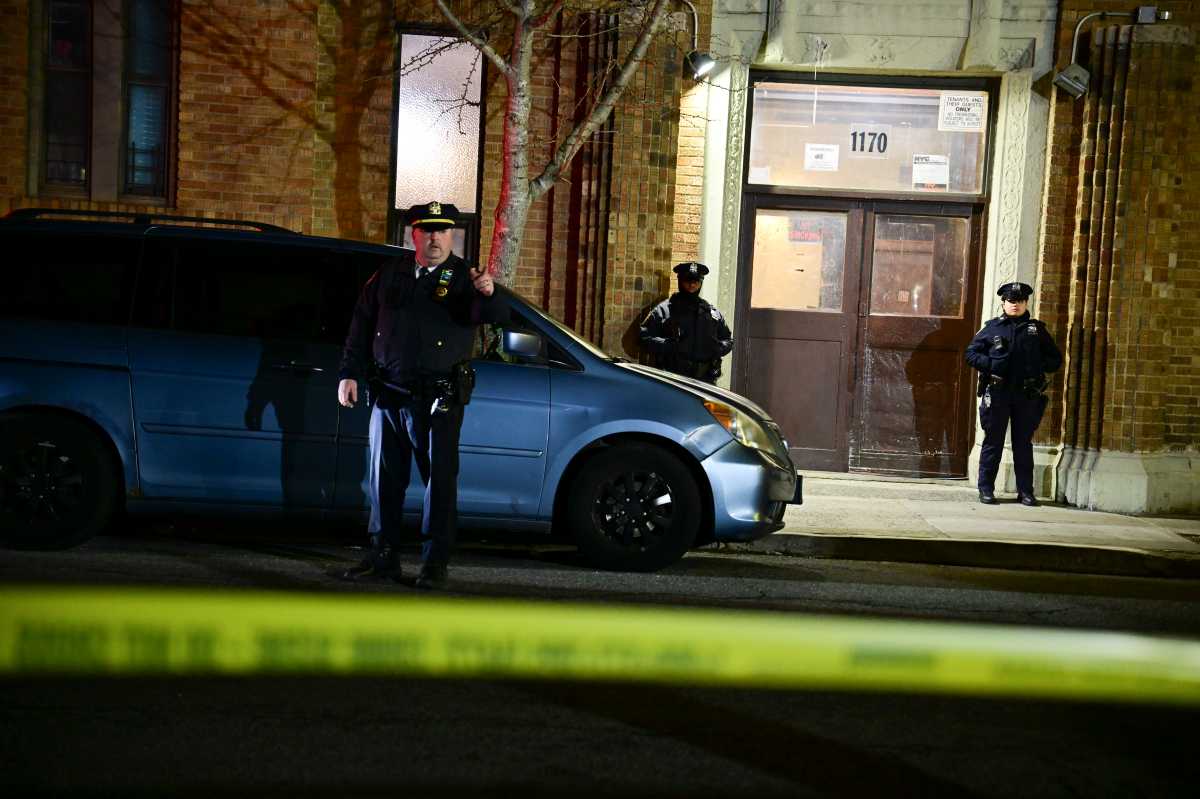UPDATE: The Alaska Supreme Court is currently deliberating a critical case that could reshape abortion care access in the state. Just heard on Wednesday, October 18, 2023, the court is examining the constitutionality of a law restricting abortion procedures to licensed doctors, raising urgent questions about who can provide these essential services in Alaska.
The case stems from a 2019 legal challenge initiated by Planned Parenthood Great Northwest, Hawaii, Alaska, Indiana, Kentucky, which argues that current restrictions limit providers unfairly and lack medical justification. A recent ruling from Superior Court Judge Josie Garton allowed advanced practice clinicians, such as nurse practitioners and physician assistants, to perform abortions, pending the Supreme Court’s decision. The state has since appealed this ruling, adding tension to an already complex situation.
Planned Parenthood maintains that limiting abortion providers to doctors is not only unnecessary but also burdensome for individuals seeking care. Their legal team emphasized that advanced practice clinicians routinely manage care similar in complexity to abortion services and are legally permitted to provide medication abortion in 25 states. Since Judge Garton’s ruling, these clinicians have become the primary providers of medication abortions in Alaska, drastically improving accessibility compared to when doctors could only offer services once or twice a week.
Recent statistics show that the number of abortions in Alaska has remained relatively stable, with 1,229 in 2021, 1,247 in 2022, 1,222 in 2023, and 1,224 in the previous year. However, the state report also indicated that these figures might include cases where medication was administered for miscarriages, complicating data interpretation and highlighting the need for clearer reporting on reproductive health.
Healthcare access issues are particularly pronounced in Alaska, where vast distances and limited transportation options make it difficult for residents to reach clinics. Many communities are isolated, forcing individuals to travel to larger cities like Anchorage or even Seattle for specialized services. These journeys can be costly and fraught with delays due to weather conditions, further complicating access to necessary care.
During the court proceedings, the state’s attorneys argued that Planned Parenthood failed to prove that the physician-only law inhibited women from exercising their right to choose. They claimed that the organization had the opportunity to hire more doctors but opted not to, asserting that the law serves a legitimate purpose. This argument comes amid growing concerns about the implications of healthcare restrictions on women’s rights and access to essential services.
The Alaska Supreme Court has not yet announced when it will issue its ruling, but the outcome will profoundly impact abortion availability and determine whether advanced practice clinicians can expand access. The stakes are high, as this case not only addresses legal interpretations but also the balance between healthcare access and state regulations.
As the court weighs the arguments from both sides, the implications of its decision will resonate across Alaska, potentially leading to significant changes in how abortion care is provided. The urgency of this case highlights the ongoing national debate over reproductive rights and healthcare accessibility, making it a focal point of public interest.
Stay tuned for updates on this developing story as it unfolds.







